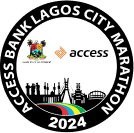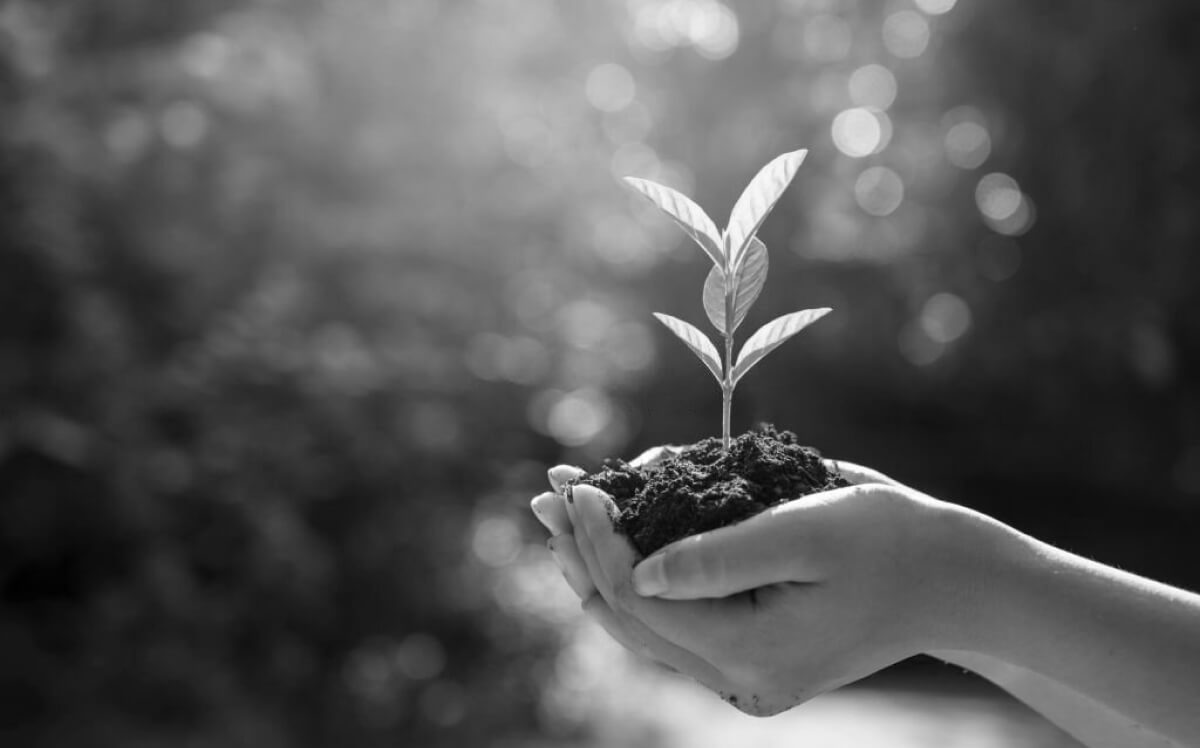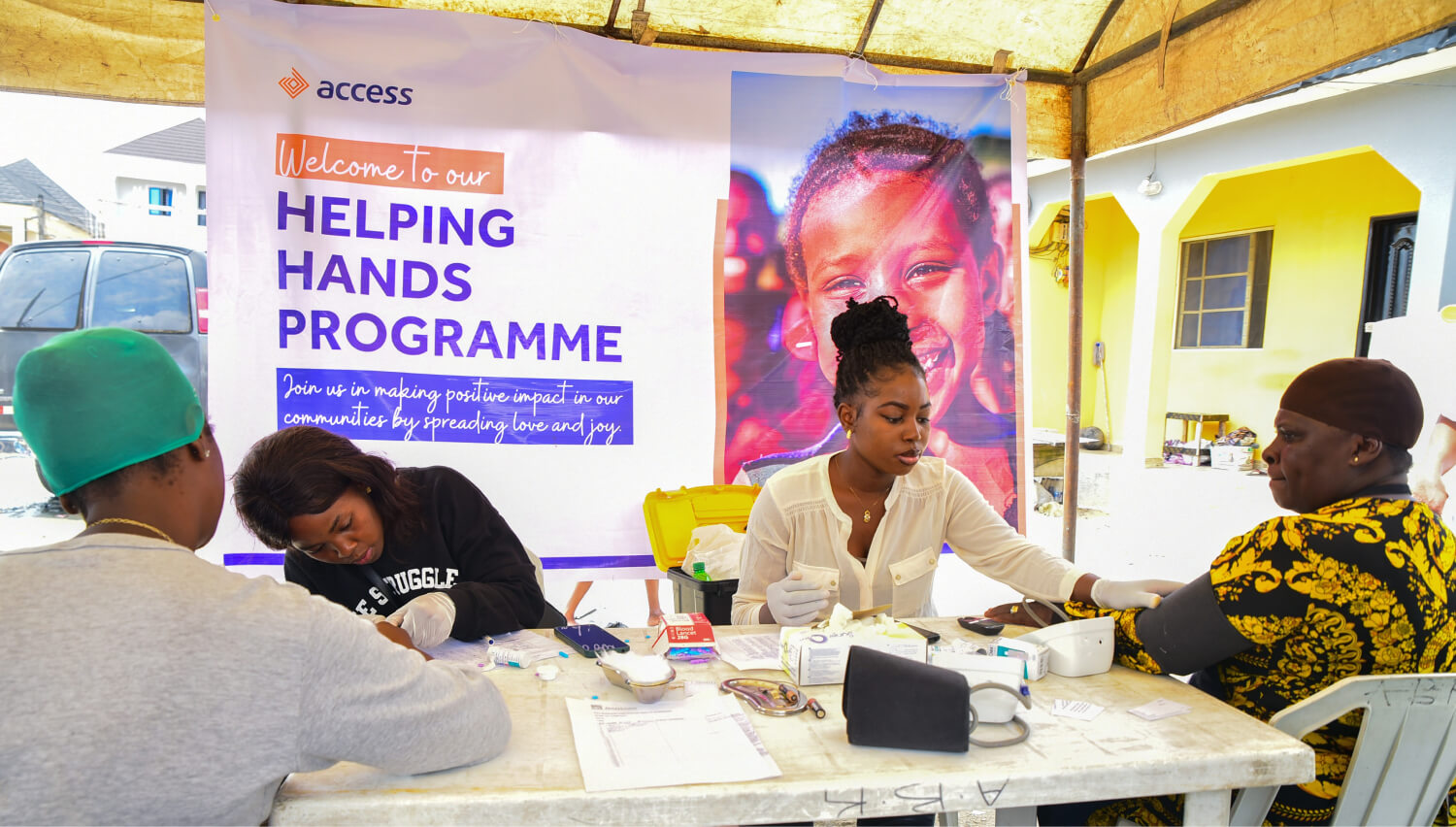Presently, Environmental Sustainability is a major global issue requiring urgent and dedicated attention. Issues such as urbanisation, industrialisation, and the ever-increasing human population have significantly constrained the sustainability of natural resources on our planet.
A United Nations report on “The Climate Crisis” affirmed that no part of the earth is untouched by the effect of human activities or pollution. Natural resources are depleted at an alarming rate and are also contaminated with toxic chemicals, making sustainability for future generations a mind-boggling issue. Therefore, it has become imperative that all hands are on deck to preserve our planet and consciously combat the alarming rate of anthropogenic activities. This informs the Sustainable Development Goals on clean water and sanitation (SDG 6); sustainable cities and communities (SGD 11); and SDG 12 – responsible production and consumption.
It is the need of the hour that brands, organisations, communities, governments, individuals and all stakeholders implement key policies geared towards a sustainable planet and future.
As the world continues to look for new ways to solve economic, environmental, and social issues, Nigeria’s sustainability champion, Access Bank Plc, has developed a trailblazing approach to sustainability. The Bank’s approach to integrating ESG considerations into its management process and long-term strategies began thirteen years ago before sustainable finance became a public agenda in Nigeria. A clear pioneer in this regard, Access Bank became the first financial institution in Nigeria to deploy a customised Sustainable Finance Toolkit to assist in screening projects to identify potential environmental and social (E&S) risks. The Bank also contributed significantly to the development and adoption of the Nigerian Sustainable Banking Principles (NSBPs) in 2012. The NSBPs are a set of nine principles that provide the framework for a sustainable banking system in Nigeria. They provide guidelines for effective governance of financial institutions and deliver positive
As the convener of the first-ever Nigeria Sustainable Finance Week in collaboration with the United Nations Environment Programme Finance Initiative (UNEP FI) and the Netherlands Development Company (FMO) in 2011, Access Bank succeeded in educating stakeholders in the Nigerian financial sector about opportunities in sustainable finance.
Following its successful merger with Diamond Bank in 2019, Access Bank solidified its sustainability statement of impacting lives positively now and in the future. This was reflected in their Access More campaign, launched to communicate the sustainability statement of more Access to inclusion, more Access to finance, more Access to green products/services, more Access to quality education, quality healthcare, and more Access to safe water.
Through the years, they have continued to show an unwavering commitment to a clean environment and the fight against climate change. This is evident in their numerous environmental sustainability initiatives. Some of these outstanding initiatives include:
Paper-to-Pencil Initiative
Access Bank currently recycles notebooks/paper souvenirs of Access Bank and Diamond Bank and old newspapers to pencils. Over 10,020 primary and secondary school students have benefited from this initiative.
Tyre Upcycling
Through innovative thinking, the Bank is collecting and upcycling old tyres into usable furnished materials. This is being executed in partnership with the FABE foundation as part of Access Bank’s commitment to reducing environmental degradation.
Sustainable Waste Management
Access Bank successfully pioneered sustainable waste management in the Nigerian banking industry by recycling paper, plastic, glass, and aluminum cans. This initiative has grown over the years with the introduction of purposeful staff education and reeducation modules while it has also gone a step further to empower vendors with recycling trucks to maximise their capacity. Access Bank currently recycles across 75 locations nationwide.
Alternative Energy
Alternative energy sources have long been deemed necessary for those who seek to power the future, and Access Bank continuously seizes opportunities to harness energy derived from environmentally conscious means. The Bank currently has 58 branches powered by alternative energy (hybrid); 605 solar-powered ATMs nationwide; LED lights in all the Bank’s facilities in Nigeria; and Motion-sensitive lights and water-efficient taps.
In addition, Access Bank has adopted a system that demands for regular reporting, monitoring, and evaluation of electricity consumption across its branches.
Resource Efficiency
To ensure environmental protection, Access Bank automated all its processes to improve efficiency and limit the impact on the environment. This is demonstrated through the ‘No Paper Initiative’, which demands the reduction of paper consumption. Some activities under this initiative include paper-saving tips and automated systems.
Water Efficiency
Access Bank continuously educates its staff about the importance of conservatively consuming water and being responsible custodians of the luxury of clean water.
The Bank takes daily practical steps towards ensuring mindful consumption, like installing water-efficient flush systems and taps. Furthermore, the institution conducts innovative campaigns and communication through videos and factsheets to keep employees constantly aware of the realities of water availability around the world.
Green Social Entrepreneurship Program
Recognizing the opportunities for change in fostering the use of clean cookstoves in the drive to achieve a healthier environment, Access Bank partnered with SME Funds to implement the Green Social Entrepreneurship Program. The program focused on empowering entrepreneurs with clean cooking stove technology to replace existing cooking technologies that are harmful to health and the environment. The Clean Stove technology makes it economically feasible to convert waste-based biomass to biofuel. The Clean Stove makes use of Bio Gels which are made from Water Hyacinth, Biocremol, Caustic soda, fragrance, and chlorophyll.
Through this program, Access Bank empowered 238 entrepreneurs (70% women) and provided easy access to start-up capital, thereby lifting them out of poverty and fighting climate change. These entrepreneurs have thus far reported returns of over N15.7mn through the production and distribution of over 7,500 liters of bio-gel. Additionally, 598 households and about 2,100 beneficiaries have had access to low-cost cooking fuel and stoves, leading to the displacement of 287MtCO2.
Family Clean Cooking Support Program
Access Bank also partnered with SME Funds; a social enterprise focused on ending poverty by promoting sustainable initiatives.
Together, they developed the Family Clean Cooking Support Program for underprivileged households across Nigeria. Amidst COVID-19, they distributed 5,000+ liters of biofuels to support 2,500+ families in 100 cities/communities and reached 900+ small-business owners. This resulted in daily savings of N1300/family, time savings of 225,000 minutes, and eliminated 8,000tCO2.
Save Wildlife Champions Program
In partnership with Glow Initiative for Economic Empowerment, Access Bank implemented the Save Wild Life program in Enugu State. The program is held across four communities in Enugu State, including Orieani Amechi, Udeji Amechi, Enugu Ngwo, and Garriki Awkunanaw. The goal was to build knowledge, positive attitudes, and practices towards wildlife conservation amongst local community dwellers and establish conservation clubs in schools to sensitize youths and advocate for effective wildlife conservation. The initiative was a great success as two hundred and fifty (250) hunters and farmers were educated on making conservation a daily habit in the Ngwo community. Additionally, two hundred and eighty (280) community school students were enlightened on the necessities of Save Wild Life in Enugu and school conservation clubs created across four (4) communities. Overall, over 2,120 people were impacted by the Save Wildlife program.
Solar Skills Empowerment Program
Access Bank also partnered with Glow Initiative to train young Nigerians in Ebenebe village, Anambra State, on solar energy value chain skills. This initiative aimed to produce solar panel designers, installation engineers, assemblage assistants, and repair/maintenance professionals. This initiative trained 60 young men and women in solar PV design, marketing and sales, repair and installation, and solar PV entrepreneurship.
Green Bond
In line with its commitment to creating a strong and climate change-resilient economy, Access Bank launched the pioneering Climate Bonds Initiative (CBI) certified corporate green bond in Africa to finance and refinance environmentally beneficial projects. Eligible sectors include flood defiance, green housing and buildings, clean water and transportation, sustainable waste management, and solar energy.
Access Bank’s laudable efforts in environmental sustainability have earned it global recognition as the first commercial bank in Africa to achieve the highest sustainability certification under the Sustainability Standards and Certification Initiative (SSCI) by the European Organization for Sustainable Development (EOSD).
Access Bank has rightly earned local and international awards and recognitions such as the Karlsruhe Award for Outstanding Business Sustainability Achievement (five-time consecutive winner), the World Finance Award for Most Sustainable Bank (ten-time winner), and the Central Bank of Nigeria Award for Sustainable Bank of the Year (three-time consecutive winner).
It is evident that sustainability is a key driver of economic growth, and Access Bank has set a great example for several Nigerian organizations looking to enshrine sustainability in their business operations. The Bank’s activities have also encouraged other financial institutions to zero in on green finance not only as a source of significant business growth but as a means of contributing to the wellbeing of people, the environment, and the planet at large.







